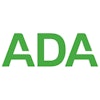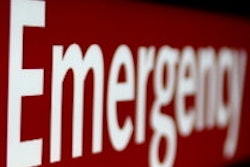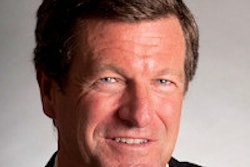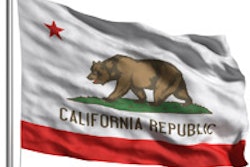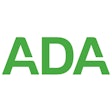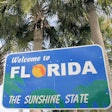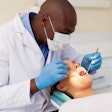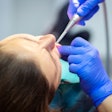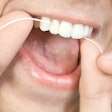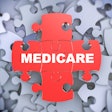Some dental services are being restored for California's low-income adults on Medicaid, but finding providers remains a problem, dental care advocates say.
Gov. Jerry Brown signed a bill last year to allow all adults on Medi-Cal, the state's Medicaid program, back into its dental program, known as Denti-Cal. Most adults -- except patients in long-term care and some pregnant women -- had been cut from the program five years ago amid budget cutbacks.
But Denti-Cal beneficiaries still face significant challenges getting care, including a shortage of dentists in many areas and restrictions on what is covered, according to a kaiserhealthnews.org story.
The renewed coverage includes some preventive and restorative procedures, including exams, x-rays, prophies, crowns, and full dentures. But there are limits on extractions and root canals, and partial dentures and implants are no longer covered.
An estimated 1.6 million adults already on Medi-Cal are expected to be covered by June 2015. In addition, about 1.3 million more people will qualify for Denti-Cal in 2015 because of changes under the Patient Protection and Affordable Care Act. The law extended Medicaid to nearly all adults living at or below 138% of the federal poverty level -- about $16,000 a year for a single person. Although the federal law only mandates dental coverage for children, low-income adults are eligible for Denti-Cal under the law Brown signed in 2013.
The changes will bring the total number of people in the Denti-Cal program to about 10 million by June 2015, according to the story, increasing annual costs from $682 million to about $942 million, most of which will be paid by the federal government.
Most states offer adult dental benefits through Medicaid, but California is one of only three planning to add to them, according to the Kaiser Family Foundation.
Pent-up demand and a dentist shortage in many areas of the state pose challenges for those trying to find providers who take Medicaid patients. That will add strain on already overtaxed community clinics and federally qualified health centers.
Almost half of California's 31,600 licensed dentists are enrolled in Denti-Cal, though many now gear their services to children, officials say. California tries to recruit dentists in every county and to ensure a provider is available within 25 miles, officials said.
Many dentists don't take Medicaid patients because of low reimbursement rates and burdensome paperwork. California has some of the lowest rates in the U.S., and lawmakers recently cut Medicaid payments by 10%.



